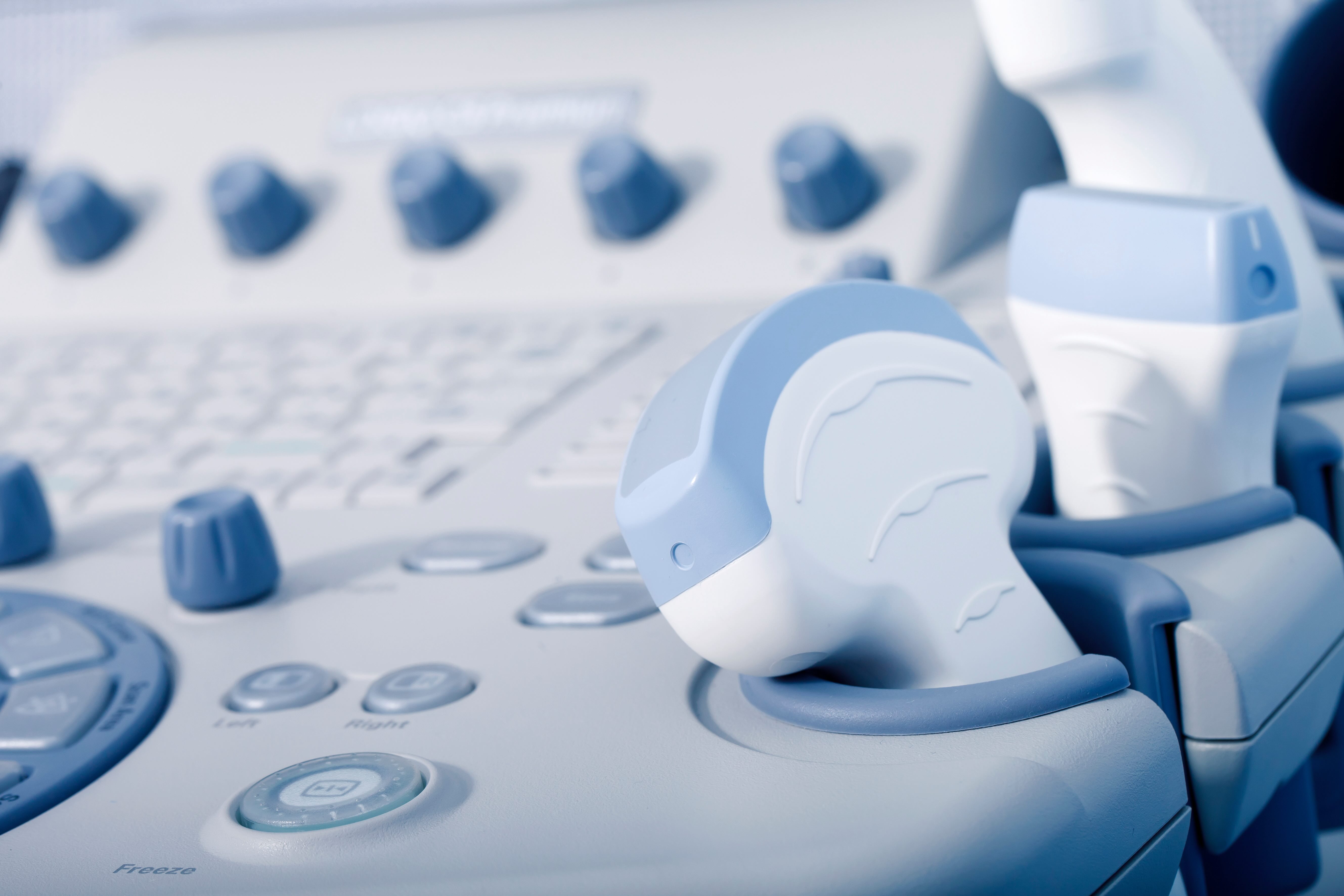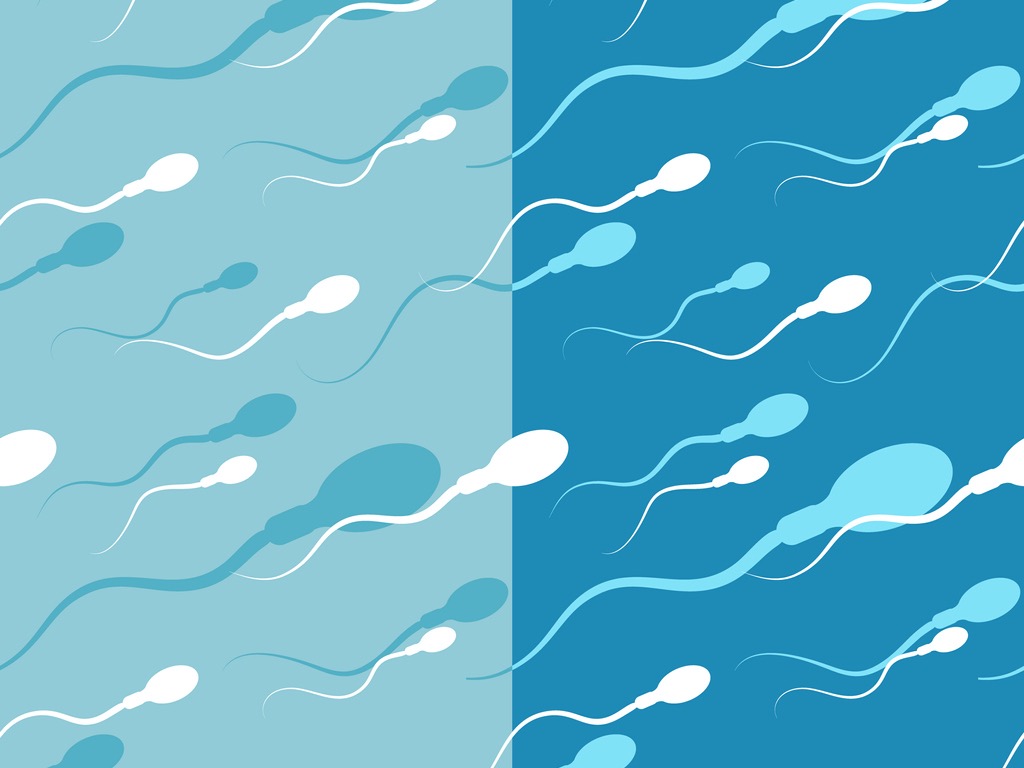Cancer
Should I check my balls?
- Some types of cancer that affect young men, like testicular cancer and Hodgkin’s lymphoma, can negatively impact the production of sperm and/or damage the reproductive system.
- Regular self-exams are important for catching testicular cancer. Make sure you are also getting your annual check-up at the doctor.
- If you are having problems getting pregnant, you should be extra careful, as men who are infertile are at increased risk for testicular cancer.
Prescription drugs
Some prescription drugs pose a risk to your fertility, but most of these risks are short term. If you’re trying to have kids, you should talk to your doctor about how a medication that you may be taking may impact your fertility. Never stop a medication without first consulting with your physician.
See below for a list of medications to learn about their effects on fertility.
- Exogenous testosterone/ GnRH analogues: Testosterone and other hormonal drugs
- Generic: Danazol; Trade: Danatrol, Danocrine
- Impairs sperm production during use.
- Antimetabolites/antimitotics: drugs used in cancer treatment
- Generic: Methotrexate; Trade: Trexall, Rhematrex
- Generic: Daunorubicin; Trade: Cerubidine
- May reduce or stop sperm production; the effect may be permanent.
- Antiandrogens: Drugs used to reduce testosterone
- Generic : Bicalutamide; Trade: Casodex
- Generic : Enzalutamide; Trade: Xtandi
- Negatively impacts erectile function and sex drive during use.
- Antibiotics: Drugs used to treat certain bacterial infections.
- Generic: Penicillin; Trade: Micromedex
- Generic: Amoxicillin; Trade: Amoxil
- Generic: Erythromycin; Trade: Eryc, Erythrocin
- Generic: Tetracycline; Trade: Tetracycline
- May negatively impact sperm count and motility during use (low level of evidence). Please ask your doctor.
- Anti-epileptics: Drugs used to treat seizures
- Generic: Tetracycline; Trade: Sumycin
- Generic: Diazepam; Trade: Zetran, Valium
- Generic: Clonazepam; Trade: Klonopin
- May negatively impact sperm motility during use (low level of evidence).
- Anti-hypertensives: Drugs used to lower high blood pressure
- Generic: Valstaran; Trade: Diovan
- Generic: Metoprolol; Trade: Lopressor, Metolar XR
- Generic: Chlorthalidone; Trade: Hygroton
- May impact erectile function or fertilization rate during use (low level of evidence).
- Antimalarials: Drugs used to treat malaria
- Generic: Doxycycline; Trade: Oracea
- Generic: Halofantrine; Trade: Halfan
- May negatively impact sperm motility during use (very low level of evidence).
- Antidepressants: Drugs used to treat depression
- Generic: Citalopram; Trade: Celexa, Cipramii
- Generic: Escitalopram; Trade: Lexapro, Cipralex
- Generic: Paroxetine; Trade: Paxil
- Generic: Sertraline; Trade: Zoloft
- Generic: Fluoxetine; Trade: Prozac, Sarafem
- Generic: Duloxetine; Trade: Cymbalta
- Generic: Venlafaxine; Trade: Effexor
- May negatively impact sexual function such as sex drive, erection or ejaculation during use.
- Corticosteroids: Drugs used to treat inflammation and allergies
- Generic: Prednisone; Trade: Deltasone, Liquid Pred, Orasone
- Dependent on dose. Higher doses may negatively impact erectile function and sex drive during use (low level of evidence).
- H2 blockers (histamine blockers): Drugs used to decrease stomach acid
- Generic: Nizatidine; Trade: Axid
- Generic: Ranitidine; Trade: Zantac
- Generic: Famotidine; Trade: Pepcid
- Higher doses may negatively impact erectile function and sex drive during use (low level of evidence).
- Metoclopramide: Drugs used to treat symptoms of slow stomach emptying and heartburn
- Trade: Metozolv
- May cause erectile dysfunction during use (low level of evidence).
- Methadone: Drugs used to treat opioid addiction
- Trade: Dolophine
- Negatively impacts sperm production and motility during use.
Impact of surgeries on your fertility
Most surgeries won’t have an impact on your future fertility. If you’re getting one of these surgeries, make sure to talk to your doctor during your pre-surgery appointment. Most of the time, concern surrounding infertility is not a reason to avoid surgery. However, if your surgery poses too much of a risk, you may decide to bank your sperm.
- Hernia:
- A hernia is caused by muscles or tissues being broken or displaced by the internal organs or tissues (generally in the groin). Surgery on the hernia results in the organs being placed back into the right place, either through laparoscopy (use of a small instrument to repair the organs) or open surgery.
- Most studies show that there is no long-term impact on future fertility. Kordzadeh, Liu, and Jayanthi (2017) found that if your surgery requires mesh (either lightweight or heavyweight) to reinforce the tissue damaged by the hernia, there is a chance that you may be at a greater risk for infertility.
- For the first 48 hours after the surgery, sperm motility may be affected.
- Scrotal surgery:
- Scrotal surgery includes any operation that is performed on your testicles or supporting structures. Often scrotal surgery is performed because a mass is found that needs to be removed. Sometimes the removal of this mass can benefit your fertility in that it removes an obstruction (blockage) that is the cause of infertility. In other cases, the surgery itself may impact your fertility. Be sure to talk to your doctor about your specific situation.
- Intestinal surgery:
- There are different types of intestinal surgeries, including those to remove something that is blocking your bowel (bowel obstruction surgery) and those to remove parts of the small and/or large intestine.
- These surgeries may pose a risk to your fertility, including problems having an erection and retrograde ejaculation. Talk to your doctor before having surgery about these risks. If your doctor believes the risk is high enough, you may want to preserve your sperm before the surgery.
- Back surgery:
- Back surgery can go both ways. Some men’s back pain can negatively impact their sex lives by making it hard to have an erection or causing retrograde ejaculation. In cases like these, back surgery has been shown to improve sexual function and fertility. In other cases, back surgery can also pose a risk to erectile function and fertility. Make sure you talk to your surgeon about the risks that back surgery may pose.
- Vasectomy:
- To prevent pregnancy, some men have vasectomies, an out-patient operation that prevents sperm from mixing with semen by cutting the tubes that carries the sperm (vas deferens). Vasectomies are considered a permanent form of birth control, but in some cases the procedure can be reversed. Learn more about vasectomies.
- If you have had a vasectomy and want to have another child, you may have a surgery to reverse the vasectomy. About half of men will be able to get their partners pregnant after a vasectomy reversal.
- Many clinics are now recommending that men who have a vasectomy bank their sperm before the procedure in case they want to have children in the future.
Genetic conditions
There are certain genetic conditions that are associated with male infertility. These include Klinefelter syndrome and Cystic fibrosis. These can be detected by blood tests. Click here for more information on genetic conditions and testing.














